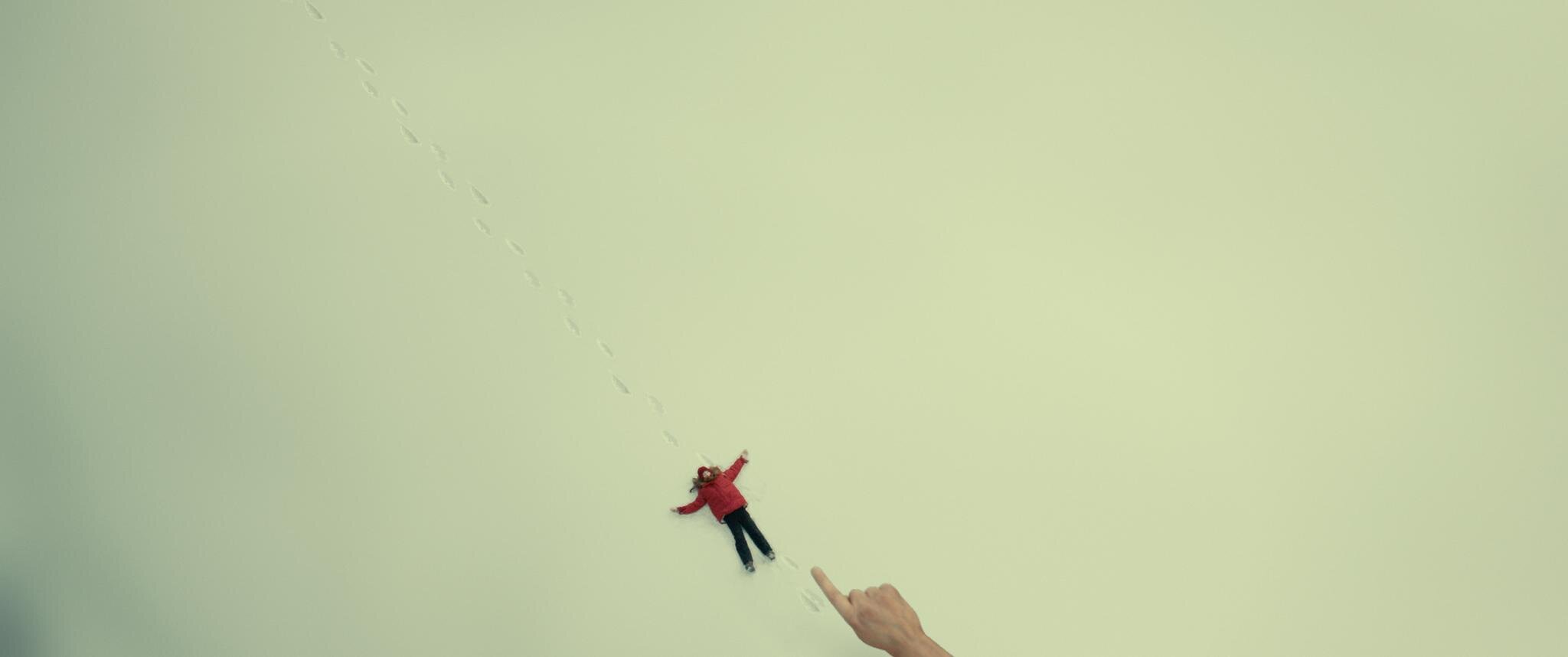6 Questions With: Maya Vitkova
Prior to our Manchester screening of Maya Vitkova’s Viktoria, we spoke to the Bulgarian writer-director about her work, inspirations and difficulties facing the audiences in her country.
Although your second film ‘Afrika’ is on the way, we are here to discuss Viktoria – your directorial debut and the first ever Bulgarian film to be screened at Sundance. ‘Viktoria’ was also named among The New Yorker’s 25 favourite films of the century and one of the best films about women by a woman. How was the film received in Bulgaria?
I think it was received according to the Bulgarian mentality (smile). Let me tell you how the film was not received in Bulgaria: my colleagues from the Bulgarian film industry warmly congratulated me for being the first one to compete at the most important festival for independent cinema in the world (Sundance 2014, World Dramatic Competition); “Viktoria” was the Bulgarian foreign language Oscar nomination (number of magazines, such as the IndieWire pointed it as a potential nomination, but did the Bulgarian committee nominate it?); I did not get rejected number of times when applying for financing at the National Film Center with my next projects afterwards… Unfortunately none of the above happened as described, it was the opposite. It is not easy to do something different. It is easier to walk an existing path. Once you follow your heart and decide to make your own thing (in this case a film), and it happens to be different than the usual, you need to take up your cross. But the film is still alive. It was not all about one year of festival life and number of meaningless awards, but four years later “Viktoria” still travels the world and finds its audiences.
“But the film is still alive. It was not all about one year of festival life and number of meaningless awards, but four years later “Viktoria” still travels the world and finds its audiences.”
Is there anything you want the spectators to know about ‘Viktoria’ before they enter the screening room?
When the spectators decide to enter a screening room, they have already made a choice to see a certain film. There was a lot written about “Viktoria” and many interpretations, mainly manifesting two opposite opinions on the film – positive and negative. Thanks God, the latter came from mainly unimportant critics. “Viktoria” is a very personal film and I fought for years to make it. I would give only one hint to the audience – please try to follow the rhythm of the film, give yourselves up to it. It is like floating on a river, if you try to swim the opposite way, it will never work. Instead, let the river carry you…
‘Viktoria’ is constructed almost like a Greek tragedy – the archetypal mother-daughter story runs between the realm of the real and the surreal, the fantastic enters the everyday in a seamless coexistence. Is this an approach you feel that interests you as an artist?
That is a great question. I think this is something that works subconsciously. I started reading classical literature when I was 10. I come from a family that reads a lot, but also loves cinema and music. So if I have to describe my childhood, apart from the political, social and cultural transition that happened when I was 11 (or the theatre called “Bulgarian democracy”), it was mainly dedicated to stories. I think the archetypes in literature and subsequently in film, are the pillars of any storytelling. If you know more about them, later on you can create freely, but in a safe realm. The answer would be, no, it does not interest me as a starting point, but I love decoding it afterwards.
What was your favourite part of making ‘Viktoria’?
I have three favourite moments in the process of making “Viktoria” – first when the idea was born. That was an amazing moment of revelation and it left me humbled and grateful. It was streaming into my mind and soul, and gradually becoming richer and richer, it made me fall in love with this story.
My second favourite moment was the shooting – I feel like a fish in water when I am on set. It is a moment that gives sense to everything you’ve been through before starting the film. There are hard moments, there is deprivation, pain, disappointment, fear, but then it all makes perfect sense at the set.
My third favourite moment is by the end of the process, between the sound mix and the completion. This is when you see the end of a very long journey that looked endless before. It is an overall feeling of satisfaction. The last two years are finishing with a film, your baby, something that represents you and your colleagues in the best possible way.
The film’s titular character, Viktoria, should be almost 40 years old today, a decade older than democracy in Bulgaria. What do you imagine her life to have been like in the 1990’s and today?
Viktoria is 38 now. She just met a man abroad, who will be her future husband shortly before she turns 40. He is Bulgarian and they share a common past. She is traveling a lot, often going back home to visit her family. Viktoria feels very tortured by the state of her country and lives better when she is away.
After such successful debut feature, there is an eager anticipation of your upcoming film. What can we know about ‘Afrika’ and its premiere/release at this point?
“Afrika” will be a powerful film. It needs time to come to life, but as I said, nothing comes easy when you chose a different way to tell your stories.
VIKTORIA is screening on Monday 12 March at HOMEmcr. Book your tickets here.

